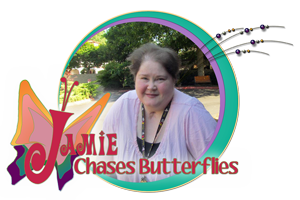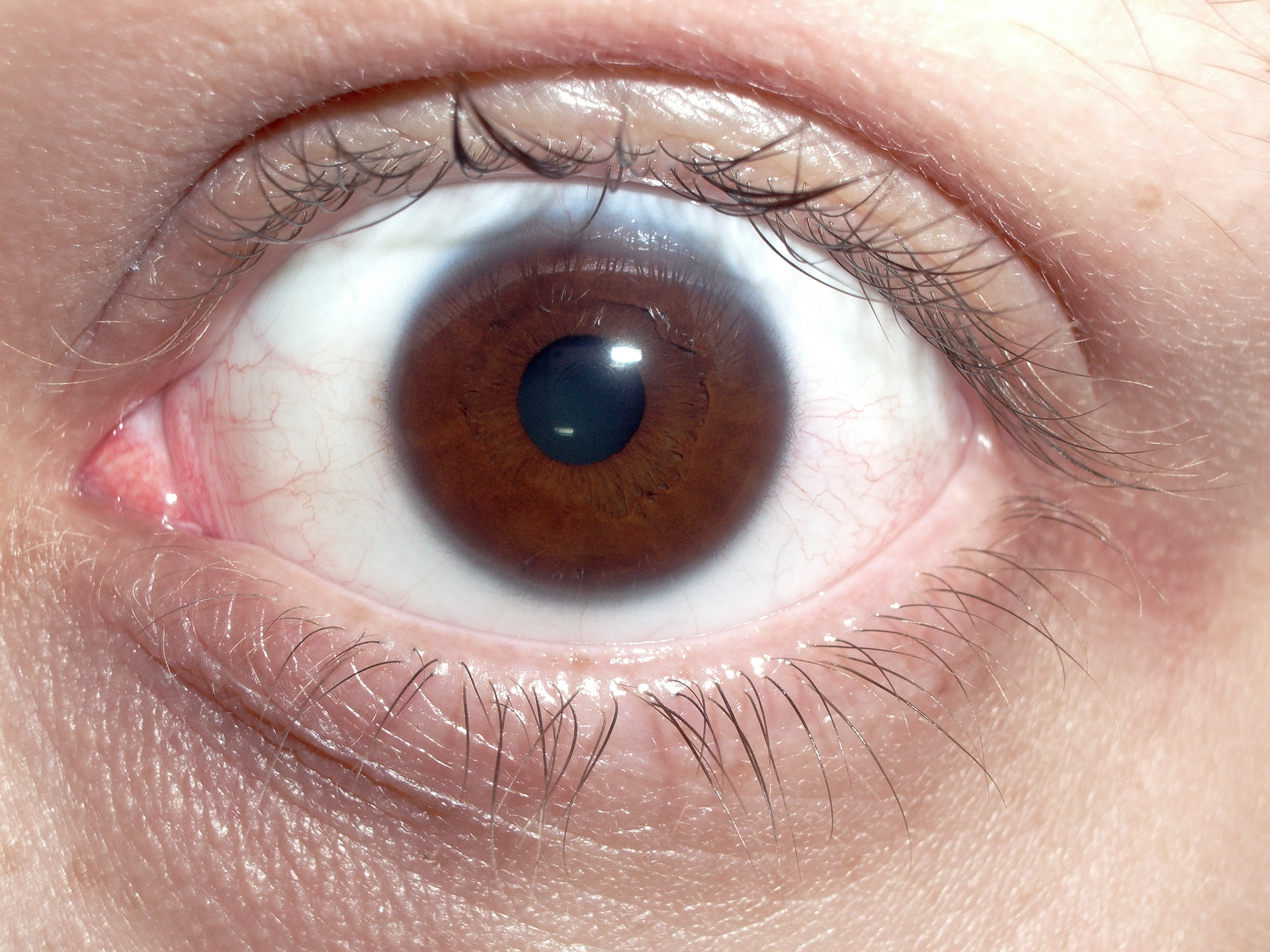February is Low Vision Awareness month. You are probably wondering what low vision means and how to take care of your eyes. I know I was until I did some research. I grew up with a mom who is partially blind. She has Retinitis Pigmentosa (RP) and I remember her learning to use her cane, and all the supplements she took for her eyes, the eye drops she had to use, eye doctor appointments, and all the changes she bravely went through.
In case you were wondering, my mom’s name is Maurine Coon. She started a blind support group in our town of Longview Washington. She also spent time advocating in Olympia for better things for the blind and disabled. That is why we have the many laws that were passed in 1990, because my mom and countless others advocated for the disabled including the blind. That is why there are chirping crosswalk lights on Commerce and many of the streets in Longview. My mom no longer does these things, but she left a legacy that is instilled in me to be a good advocate for myself and others. I have been keenly aware of the importance of taking care of your eyes because of my mom. And that is what I want you to take away when you read my article today.
Here is what I have found out what low vision is and how to take care of your eyes.
Low vision means a partial sight that isn’t correctable with medications, surgery, contact lenses, or glasses. 3.4 million American’s 40 and older have low vision. There are 706 thousand children ages 4 to 16 who have low vision. There are 7,675,600 people ages 16 to 74 who have low vision.
- 5,546,000 of these people are white.
- 1,215,600 of them are African American.
- 250 thousand are Hispanic.
- 100 thousand are American Indian/Alaskan Indian.
- 563 thousand who are of other races.
Washington state currently has 161,900 people who are considered low vision or blind. Oregon has 104,500. Something I want every parent to be aware of, there are 10 million children who suffer from low vision and are not aware of it. They pass the school vision screening test. That is why it is important to get the more complex eye exams with dilation at least once a year. As you can see no matter what race, sex, or religion you are low vision can affect you.
From my research, I have discovered there are some things to help your chances. Here are some ideas for you:
-
Eat a diet high in lutien and zeaxanthin. These nutritents slow down the progression of sight robbing diseases. Other nutrients like omega 3, zinc, vitamins C and E are good for our eyes too. Foods like Kale, sweet potato, strawberries, salmon, and green tea are great for eye health.
-
Stop smoking. Smoking causes cataracts because the smoke damages your optic nerve. Smoking also makes Macular Degeneration worse. There are some great tools to help you stop smoking. Wellness Works NW is happy to help you create a wellness plan to help with smoking cessation.
-
Wear sunglasses. Choose a pair that blocks 99 percent to 100 percent of UVA and UVB rays.
-
Use safety eyewear: Use safety eyewear when working with chemicals, sports like hockey, soccer, and racquet ball and Lacrosse. These sports can lead to eye injuries.
-
Look away from your computer screen and phone: I know this is hard to do, but it is vital for eye care. Looking at these two things can cause eye strain, blurry vision, dry eye, headaches, neck pain, back pain, and shoulder pain.
-
Visit your eye doctor and get a complete eye exam every year.
-
Move your body. Exercise increases the blood flow to the eyes.
-
Get sleep. Sleep lubricates the eyes. It also clears out the irritants and debris like dust, smoke, and allergens that are in the air.
My Final Thoughts
Taking care of your body is important. It’s a choice. We want to take care of and follow our dreams and part of that is taking care of our bodies. If we don’t take care of our bodies how do we pursue and be successful in our dreams? My aim is to take care of my body and that includes getting an eye exam every year. I get the complete eye exam with the dilation and field vision test every year because I take a couple of medications that can affect my vision. I am also diabetic and have high blood pressure, these two things affect the eyes too. If you have not gotten your eye exam, please consider getting one done. If you would like help with moving your body and eating well for your body Karen Clemenson is an excellent resource and encourager. She rocks at her job!
Here are some links I would like to share with you:
- 5 Top Foods for Eye Health by Academy of Nutrition and Dietetics Staff, Reviewed by Taylor Wolfram, MS, RDN, LDN
- Blindness Statistics by National Federation of the Blind Staff
- Caring for Your Vision by American Optometric Association Staff
- Cowlitz County Disability Advisory Committee Meeting Minutes, May 23, 2007
- February is Low Vision Awareness Month by Lee Huffman, Access World Editor-in-Chief for the American Foundation for the Blind
- How to Keep Your Eyes Healthy by WebMD Staff
- Keep Your Eyes Healthy by National Eye Institute Staff
- Tips for Eye Health in Adults 40 to 60 by American Academy of Ophthalmology Staff
- Related Articles
 Jamie Holloway lives in the Portland, Oregon area. Since October 2011 she has been sharing her Journey Toward Health and Wellness with Vasculitis through her blog at JamieChasesButterflies.com. As most of her articles will be about Men’s Health, Jamie intends to write her articles as though she was sharing important information with her brother, nephews and friends. We hope you are as inspired as we are with the raw candor Jamie uses in her writing. If you would like to help support Jamie’s writing efforts please Donate now.
Jamie Holloway lives in the Portland, Oregon area. Since October 2011 she has been sharing her Journey Toward Health and Wellness with Vasculitis through her blog at JamieChasesButterflies.com. As most of her articles will be about Men’s Health, Jamie intends to write her articles as though she was sharing important information with her brother, nephews and friends. We hope you are as inspired as we are with the raw candor Jamie uses in her writing. If you would like to help support Jamie’s writing efforts please Donate now.













